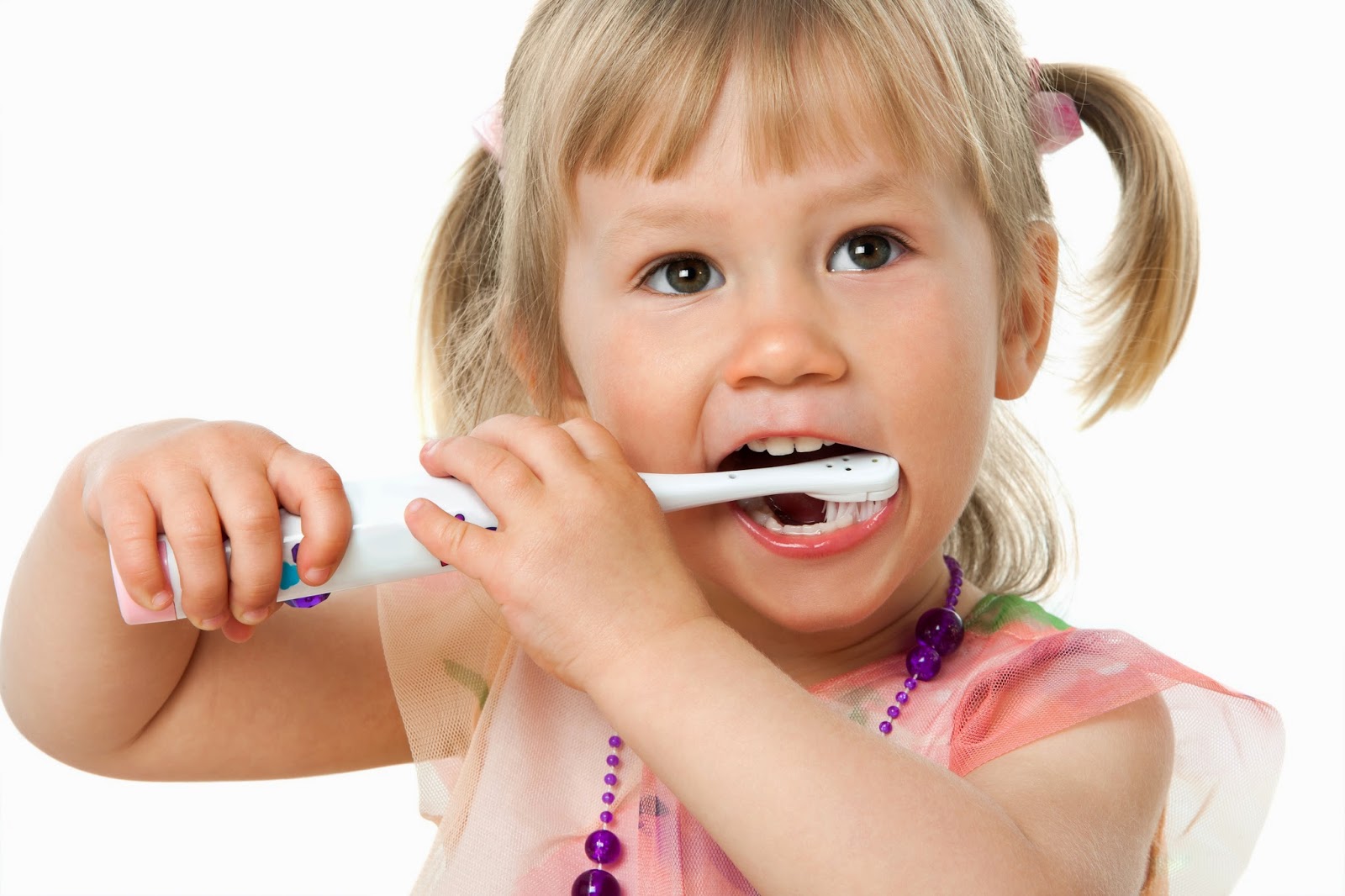What Type Of Floss Should My Kid Use?
There are a variety of flosses that are an option for your child. There are little floss buddies that you can purchase that have a wider grip for your kids to use in order for them to make sure that they are reaching all of their teeth. Flossers are also created by a variety of brands that allow for children to be able to better hold onto the floss. You can also have your children use regular floss when they begin to floss their teeth. It doesn’t matter so much what type of floss, but it does matter how often and the quality of job that they do. When you first floss their teeth, it is easier if you have them knee-to-knee or on your lap. You’ll want to gently glide the floss between their teeth and move in an up and down motion. Be careful not to push to hard, you can easily damage their gums. You also do not want it to be painful for them; otherwise it may become very difficult to get them in the habit. Once they begin to floss their own teeth, yo...




